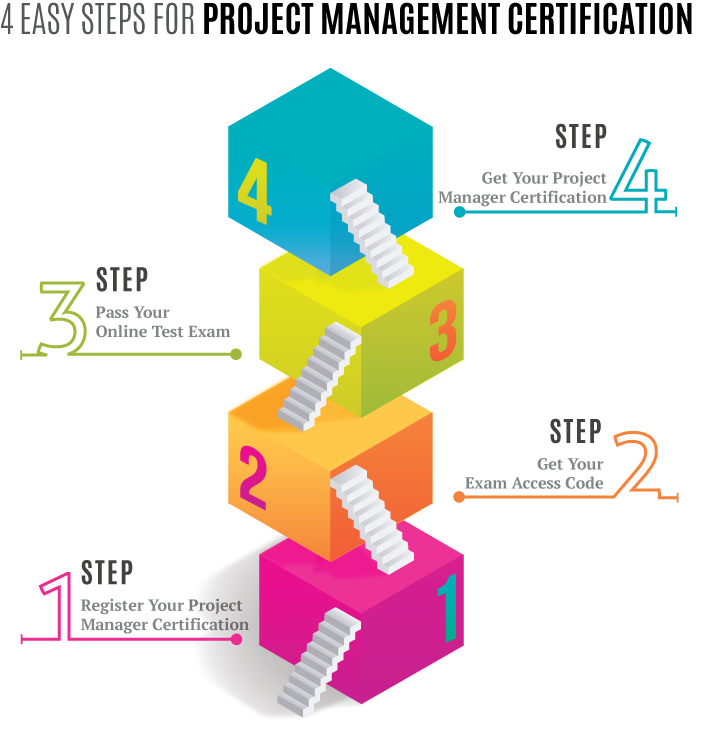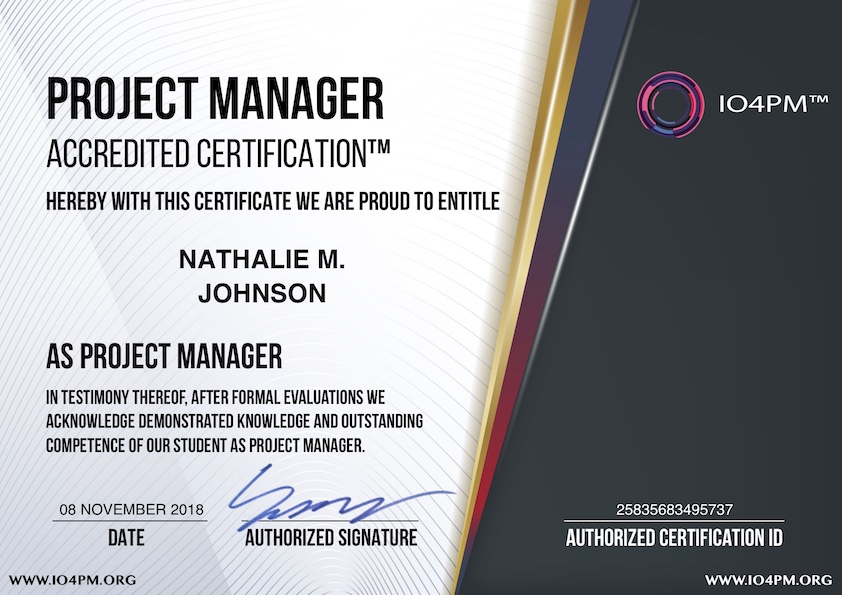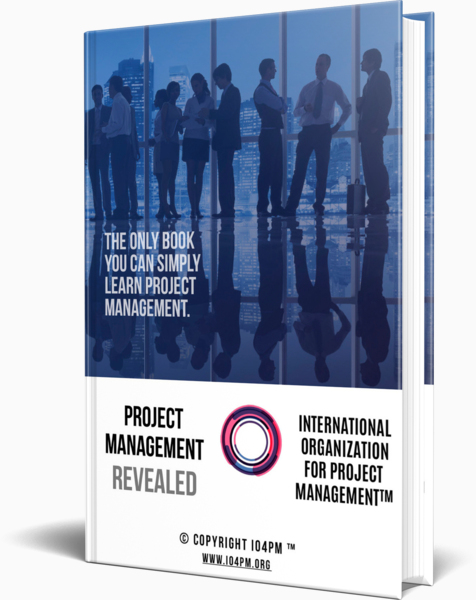WHAT IS PROJECT MANAGEMENT?
DEFINITION OF A PROJECT
A project is a temporary effort to create unique product, service or result. A project has a definite start and end.
A project management plan is created by a project manager. This plan requires buy-ins from all stakeholders. The plan should be realistic, time-bound and achievable.
OPERATIONAL WORK
An organization can either have operational work or project work. The difference between operational work and project work is that the operational work is always ongoing whereas project work has a definite end.
WHAT IS PROJECT MANAGEMENT?
Project Management is not about managing people alone. Project management can be divided into different process groups and knowledge areas. Process groups include initiating, planning, executing, monitoring and controlling, and closing. Knowledge areas include integration, scope, time cost, quality, human resources, communication, risk, procurement and stakeholder management.

Project Management and Program Management High Level Overview
WHAT IS A PROGRAM?
A group of projects is termed as a Program. There are several projects carried out in an organization and managing these projects independently becomes a challenge for the organization. Hence, a group of related projects is combined together in a program.

Relationship between Program and Projects
WHAT IS A PORTFOLIO?
A portfolio includes a group of programs and individual projects that are implemented to achieve a specific strategic business goal.

Relationship between Portfolio, Program and Projects
PROJECT MANAGEMENT OFFICE
The project management office (PMO) is a centralized department that manages projects. The PMO can:
- Central location and authority for providing policies, methodologies and templates for managing projects within the organization
- Trains individuals in project management within the organization
- Assists them with project management tools
- Provide project managers for different projects, these project managers and the PMO office are responsible for the results of those projects
The project management office is a department of many individuals. The PMO has responsibilities such as:
- Manage needs and interconnectedness between projects
- Provide resources
- Participate in project review meetings
- Monitor compliance with organizational processes
- Provide templates
- Provide centralized communication about projects
- Be a part of change control board
- Help prioritize projects
BUSINESS VALUE
Business value is defined as the total sum of tangible and intangible elements of a business i.e. the total value of the business. Monetary assets, fixtures, stockholders, equity, utility are some of the examples of tangible elements. Intangible elements include goodwill, reputation, brand recognition, public benefit, trademarks, etc. Effective management of ongoing operations help in creating value for the business. All organizations, profit driven or non-profit organizations are focused on attaining business value for their activities.
OBJECTIVES
The project objectives are defined in a project charter. A project is considered as complete when the objectives of the project are met. A project is terminated if the project objectives are not met. Objectives may be defined at a high-level initially, however, will be defined in detail as the project progresses. Project manager is responsible to achieve project objectives. Quality management, risk management, stakeholder management, scope management all has an impact on project objectives. If these knowledge areas are managed well, they can help in successfully achieving the project objectives.
You can also use a Project Charter to articulate the need of the project effectively. Below is a sample template of a Project Charter.

Project Charter Example
MANAGEMENT BY OBJECTIVES (MBO)
MBO is a management philosophy with three steps:
- Establish clear, concise, well-articulated and realistic objectives
- Periodic reviews required to check if objectives are met
- Implement corrective actions wherever deviations are observed
CONSTRAINTS
Constraints can be in the area of time, cost, risk, scope, quality, resources, customer satisfaction and others. Constrains help evaluate competing demands. The priority of each constraint is set by the management. A change to one constrain can have an impact to other constraints of the project.
Project inevitably goes through many changes due to the competing demands we were talking about earlier. Each change request goes through a change request process. A project manager has to evaluate these changes and identify the impact on all the constraints of the project through integrated change control process.
Constraints can be related to:

Project Constraints
STAKEHOLDERS AND STAKEHOLDER MANAGEMENT
Stakeholders can be project managers, sponsors, team members, project management office, portfolio managers, program managers, functional managers, and sellers. Basically, stakeholders are those individuals, groups or organizations that are positively or negatively impacted by the product or the project. The project may fail if stakeholders are not informed, their inputs are not solicited or their needs and expectations are not satisfied. A project manager is required to analyze and manage stakeholder’s needs and levels of influence throughout the lifecycle of the project.
 IO4PM™
IO4PM™







